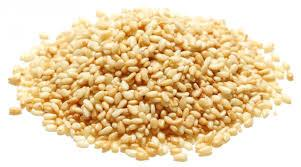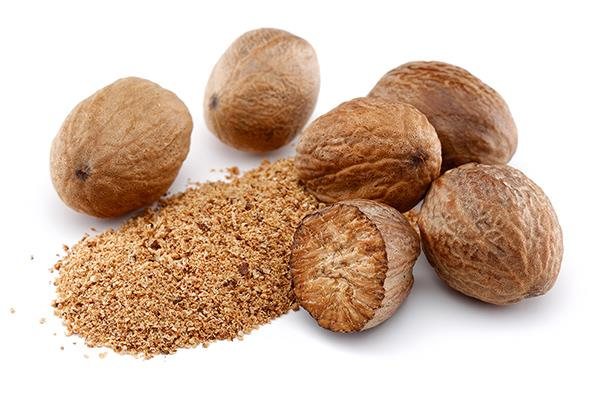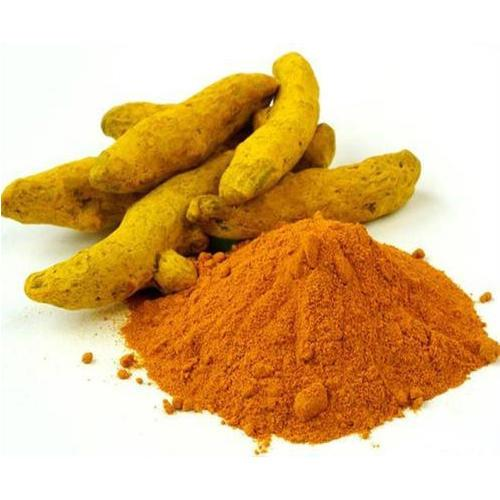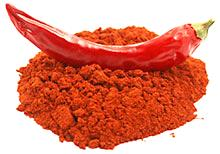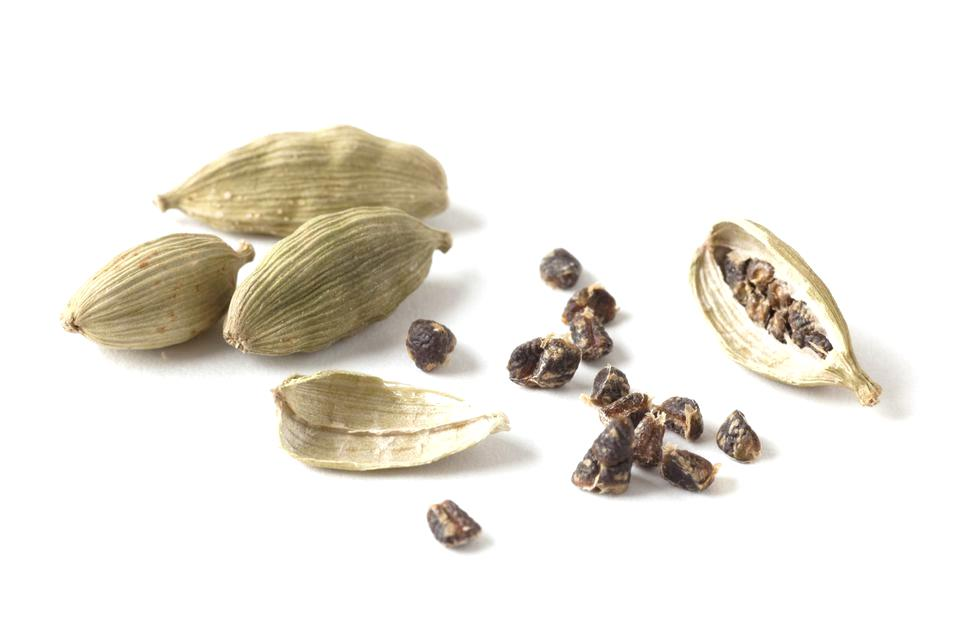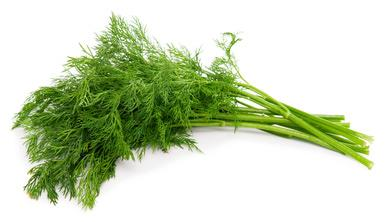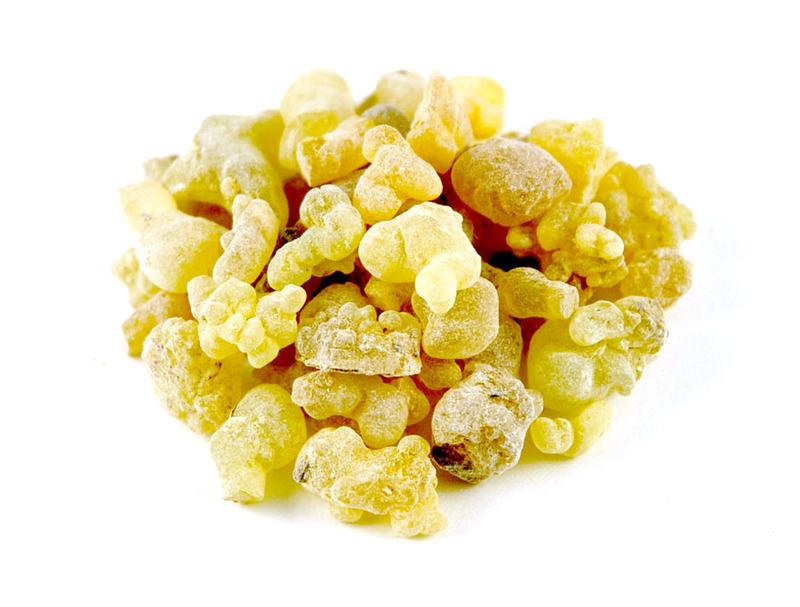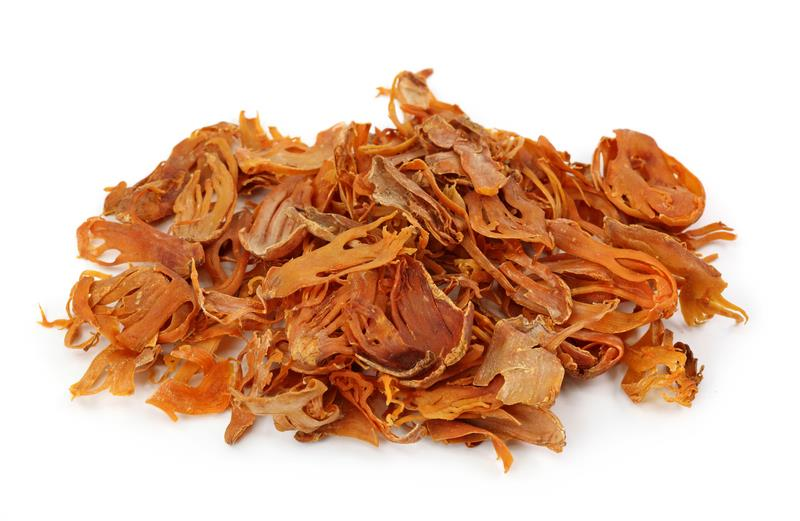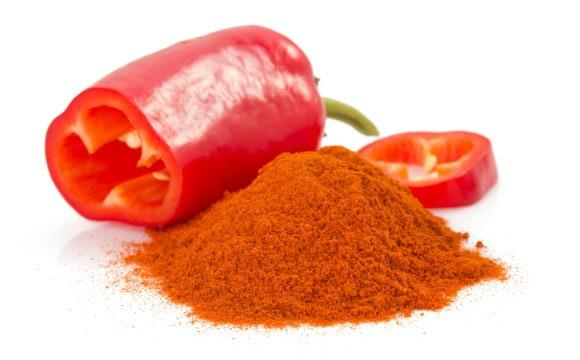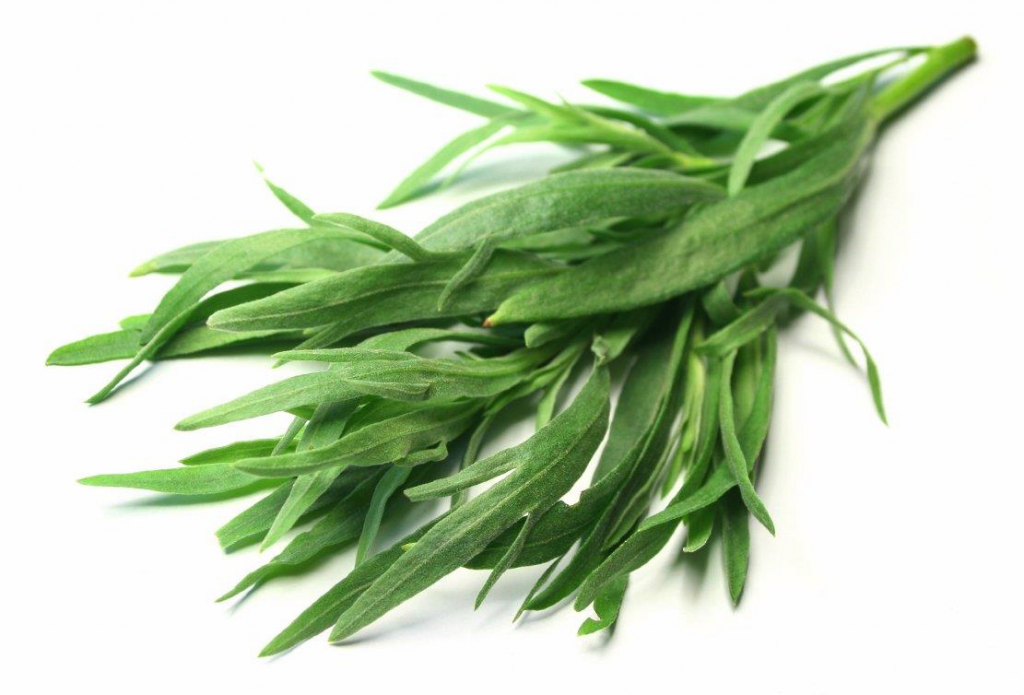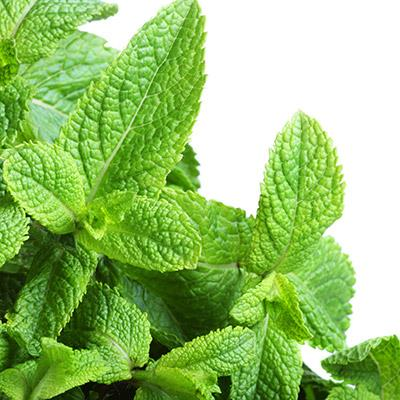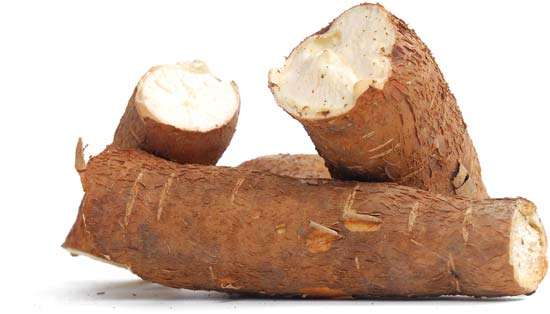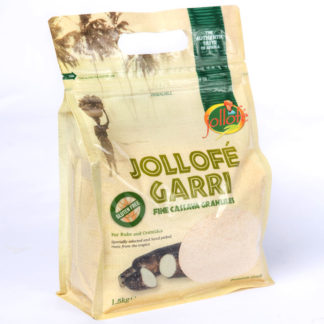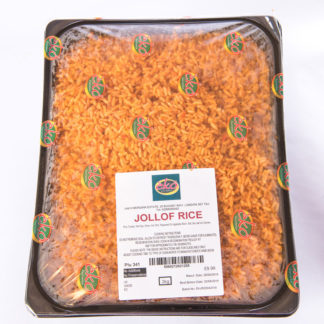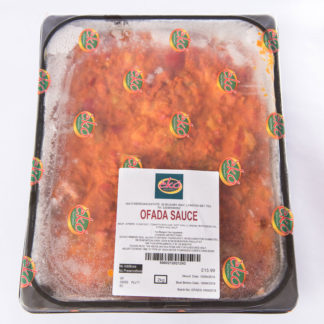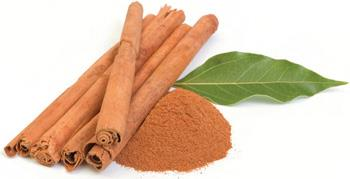
Cinnamon
Cinnamon is one of the most delicious and healthiest spices on the planet. It can lower blood sugar levels, reduce heart disease risk factors, fights diabetes and protects brain functions.
Ginger
Ginger contains gingerol, a substance with powerful medicinal properties. Ginger can treat many forms of nausea, it can reduce muscle pains and soreness, may lower cholesterol levels, protects against Alzheimer’s disease amongst many health benefits.

Rosemary
Rosemary is one of the most commonly found herbs in a spice rack. It enhances brain function, prevents Alzheimer’s, reduces stress, balances hormones, limits weight gain amongst other health benefits.
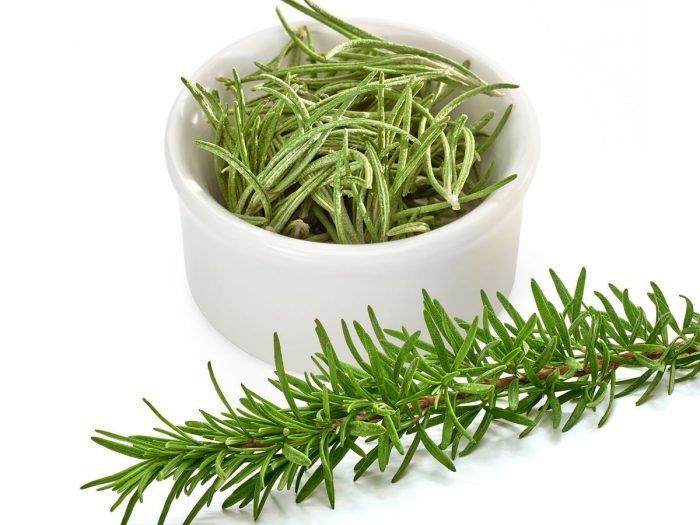
Garlic
Garlic is one of the oldest cultivated plants in the world. Garlic can combat common cold, reduce blood pressure, improve cholesterol levels, it may help prevent Alzheimer’s disease and dementia amongst other health benefits.
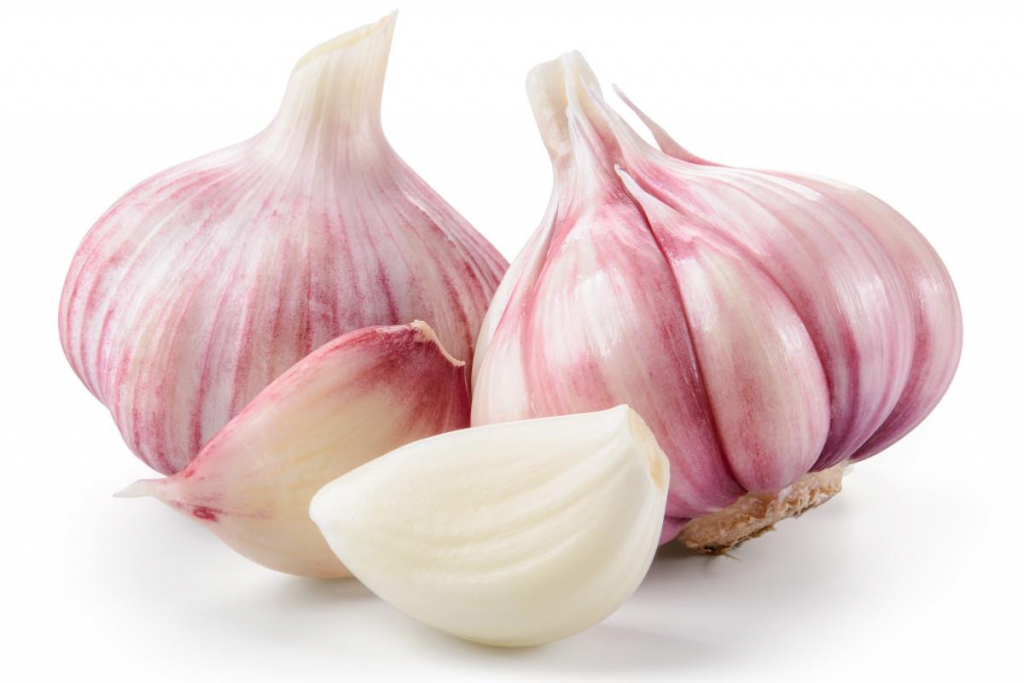
Thyme
Thyme is an herb from the mint family. It’s range of use is impressive and has over 400 sub-species. It lowers blood pressure, boosts immunity, stimulates the production of red blood cells, thereby boosting blood circulation. It is an effective antioxidant agent for your vision health.

Saffron
Saffron as well as being the world’s most expensive spice is packed with antioxidants. It promotes learning and memory retention, helps regulate blood sugar, improves respiratory and digestive health and acts as an aphrodisiac.
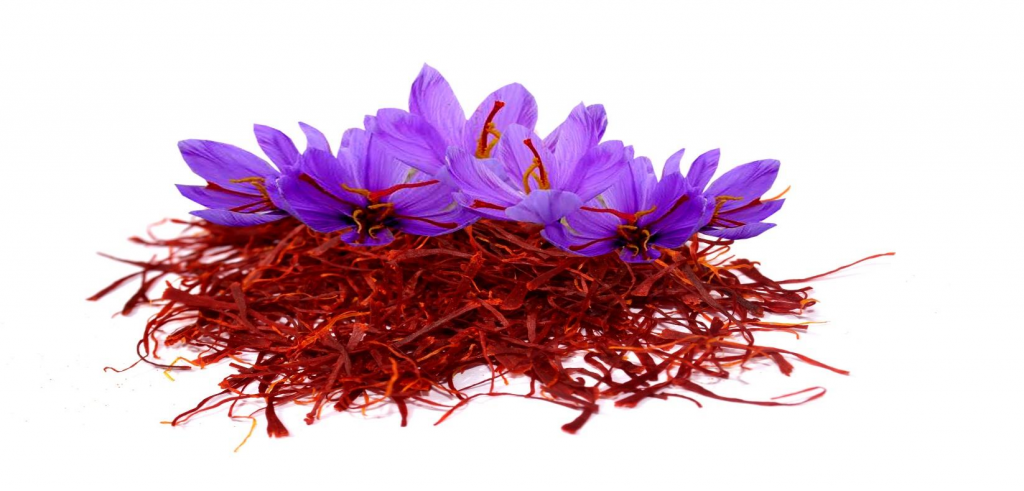
Cumin
Cumin is an aromatic spice used to season chilli dips, veggies and meats. It contains key nutrients which are needed for, healthy red blood cells, controlling blood pressure and heart rate and building strong bones and teeth.
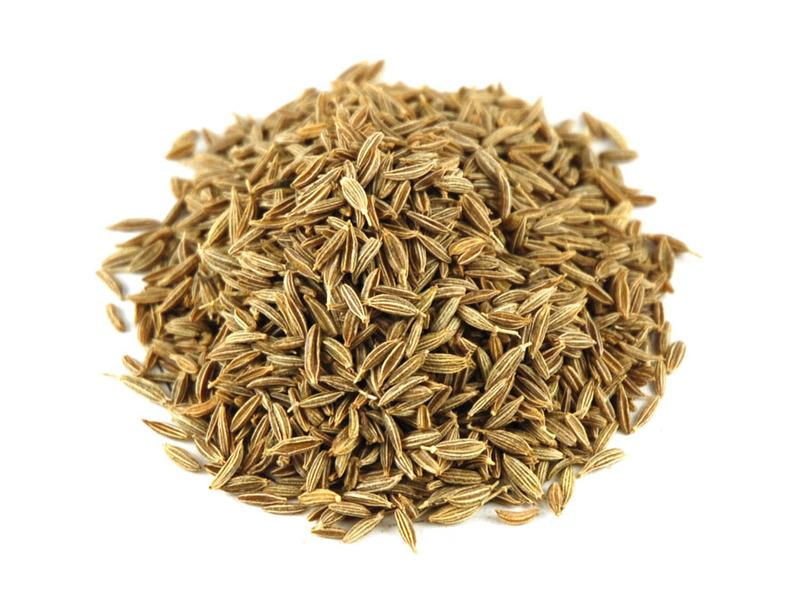
Bay leaves
Bay leaf has a centuries old reputation as a medicinal herb. The most impressive health benefit is their ability to detoxify the body and protect it from bacterial infections, slow the aging process, manage diabetes amongst many other health benefits.
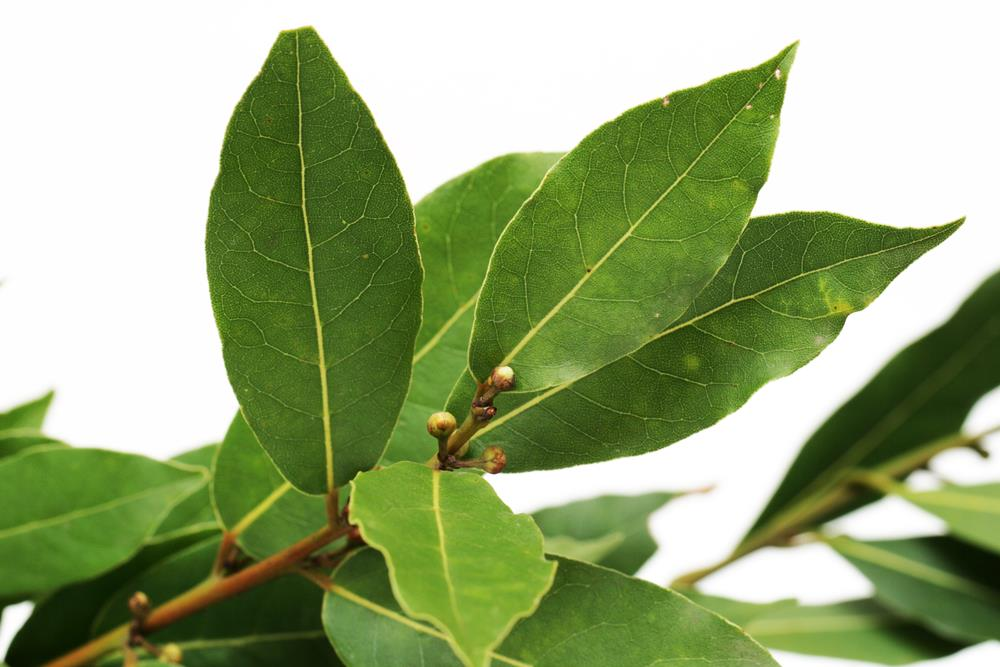
Cloves
Cloves have been used in cooking and traditional medicine for many years. It relieves upper respiratory infections, reduces inflammation and improves digestions.
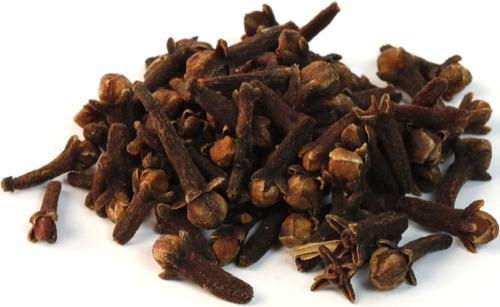
Coriander
Coriander is one of the most commonly used spice. Coriander improves cholesterol levels, help urinary tract infections and eases digestive discomfort.
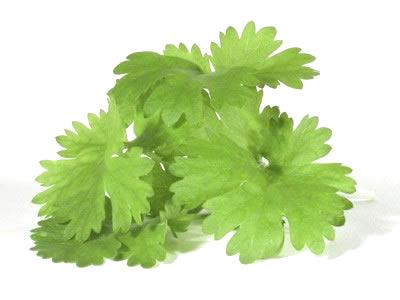
Sage
Sage is a well-regarded herb belonging to the mint family. The most important health benefits include its ability to improve brain function, lower inflammation and prevent chronic diseases.

Oregano
Oregano is a staple herb in many cuisines around the world. The impressive health benefits of oregano include its ability to protect the immune system. It also kills intestinal parasites and combats bacteria.
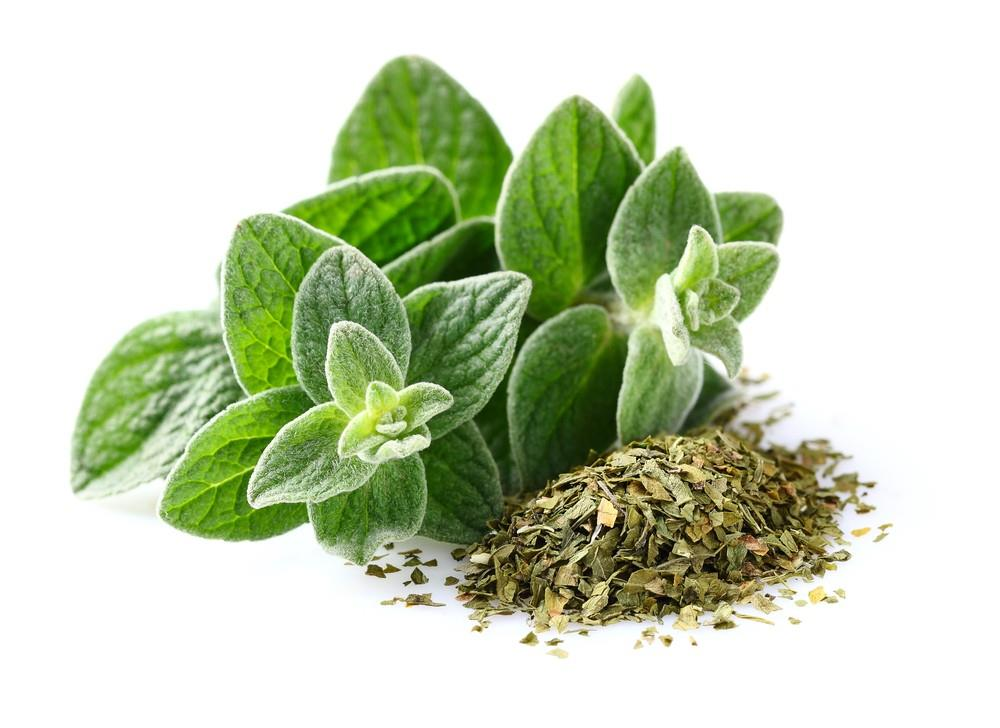
Sesame
Sesame seeds may be tiny but they have huge health benefits. They are known to improve blood pressure, help burn fat, balance hormones and protects the heart health .
